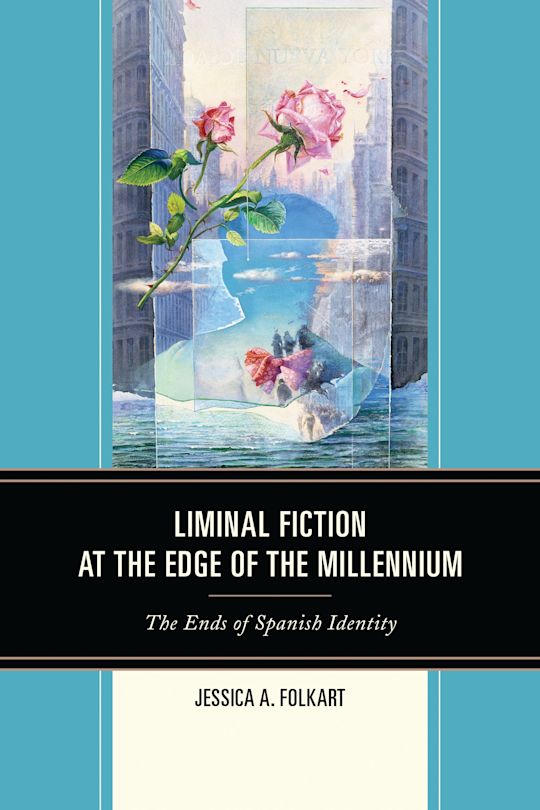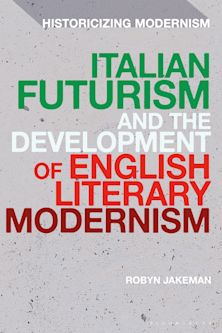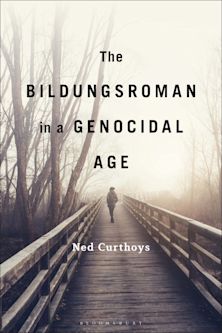- Home
- ACADEMIC
- Literary Studies
- Western European Literature
- Liminal Fiction at the Edge of the Millennium
Liminal Fiction at the Edge of the Millennium
The Ends of Spanish Identity
Liminal Fiction at the Edge of the Millennium
The Ends of Spanish Identity
You must sign in to add this item to your wishlist. Please sign in or create an account
Description
Liminal Fiction at the Edge of the Millennium: The Ends of Spanish Identity investigates the predominant perception of liminality—identity situated at a threshold, neither one thing nor another, but simultaneously both and neither—caused by encounters with otherness while negotiating identity in contemporary Spain. Examining how identity and alterity are parleyed through the cultural concerns of historical memory, gender roles, sex, religion, nationalism, and immigration, this study demonstrates how fictional representations of reality converge in a common structure wherein the end is not the end, but rather an edge, a liminal ground. On the border between two identities, the end materializes as an ephemeral limit that delineates and differentiates, yet also adjoins and approximates. In exploring the ends of Spanish fiction—both their structure and their intentionality—Liminal Fiction maps the edge as a constitutive component of narrative and identity in texts by Najat El Hachmi, Cristina Fernández Cubas, Javier Marías, Rosa Montero, and Manuel Rivas. In their representation of identity on the edge, these fictions enact and embody the liminal not as simply a transitional and transient mode but as the structuring principle of identification in contemporary Spain.
Table of Contents
Acknowledgments
Note on Translations
Chapter 1: On the Edge: Liminality and Spanish Identity at the Turn of the Millennium
Chapter 2: The (Never) Ending Story: Apocalyptic Desire and the Liminal Fiction of Javier Marías's Mañana en la batalla piensa en mí
Chapter 3: History Incarnate and the Liminal Body in Rosa Montero’s La hija del caníbal
Chapter 4: Second-Hand Identity: Limbs, Liminality, and Transplantation in Manuel Rivas’s A man dos paíños
Chapter 5: Ethical In-difference and Liminal Identity in Cristina Fernández Cubas’s Parientes pobres del diablo
Chapter 6: Scoring the National Hym(e)n: Sexuality, Immigration, and Liminal Identity in Najat El Hachmi’s L’últim patriarca
Conclusion: The End of Liminal Fiction
Afterword/Afterward
Works Cited
Index
About the Author
Product details
| Published | Oct 08 2014 |
|---|---|
| Format | Ebook (PDF) |
| Edition | 1st |
| Extent | 278 |
| ISBN | 9798216356387 |
| Imprint | Bucknell University Press |
| Illustrations | 6 BW Photos |
| Publisher | Bloomsbury Publishing |
About the contributors
Reviews
-
Folkart masterfully uses the theories of Emmanuel Lévinas to consider Christina Fernández Cuba’s Parientes pobres del diablo (2006) as an exploration of the ethics implicit in identity formation. . . .Folkart’s writing is clear, concise and eminently readable, giving the lie to the assumption that serious scholarship must equal dry prose. In the final analysis, Folkart’s thought provoking, superbly researched, and convincingly argued study of the palimpsest of Spanish identities makes this book an asset to contemporary literary and cultural studies.
Letras Femeninas


































